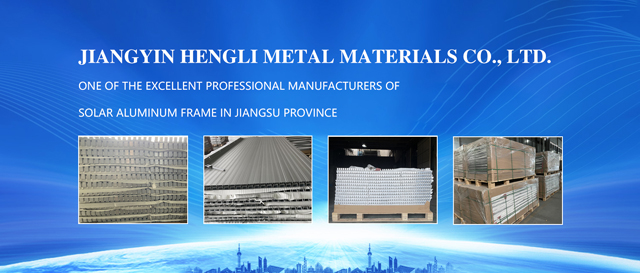Hardness: Many customers are very concerned when purchasing aluminum, and the first choice for hardness is directly related to the chemical composition of the alloy. Secondly, different states also have a greater impact. From the perspective of the highest hardness that can be achieved, the 7 series, the 2 series, the 4 series, the 6 series, the 5 series, the 3 series, and the 1 series decrease in turn. Strength: Strength is an important factor that must be considered in product design. When an aluminum alloy component is used as a component, an appropriate alloy should be selected according to the pressure it is subjected to. Pure aluminum has the lowest strength, while 2-series and 7-series heat-treated alloys have the highest degree of alloying, and there is a certain lower relationship between hardness and strength. Corrosion resistance: Corrosion resistance includes chemical corrosion, stress corrosion resistance and other properties. Generally speaking, 1 series pure aluminum has the best corrosion resistance, 5 series performs well, followed by 3 series and 6 series, 2 series and 7 series are poor. The selection principle of corrosion resistance should be determined according to its application. High-strength alloys are used in corrosive environments, and various anti-corrosion composite materials must be used. Machinability: Machinability includes insert forming performance and cutting performance. Because the formability is related to the state, after selecting the aluminum alloy grade, it is necessary to consider the strength range of various states. Usually, the material with high strength is not easy to form. Taiguo needs to perform bending, drawing, deep drawing and other forming processes on aluminum materials. The formability of the material in the annealed state is the best. On the contrary, the formability of the material in the heat treatment state is the worst. The machinability of aluminum alloys is poor. For molds, mechanical parts, etc., the machinability is better. On the contrary, the machinability of low-strength ones is poor. For molds, mechanical parts and other products that require machining, the machinability of aluminum alloys is important. Consideration.

 INDEX
INDEX

